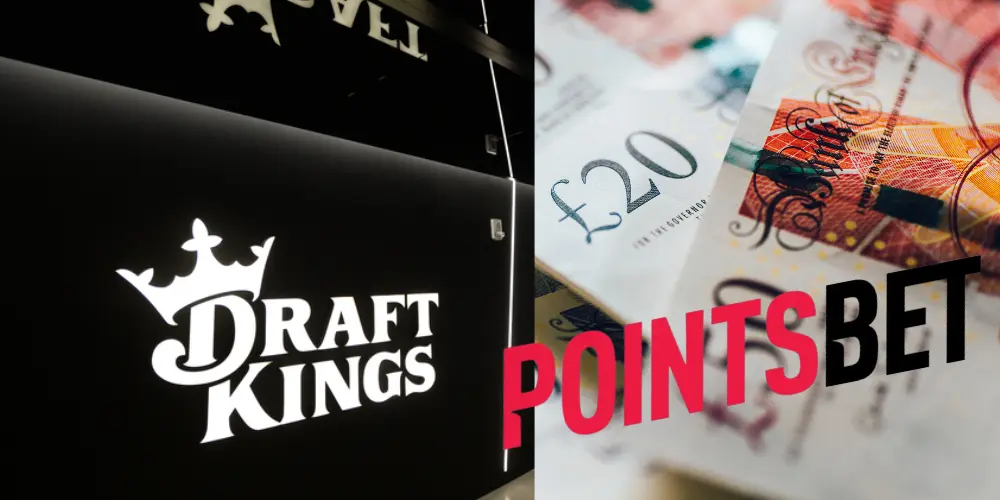DraftKings’ Bold Acquisition Attempt & Rationale
In this highly competitive industry, DraftKings’ hefty proposal sets a new precedent. The company has offered $195 million in cash for the US assets of PointsBet Sportsbook, aiming to tip the scale in its favour against Fanatics. This audacious move comes barely a month after Fanatics’ own bid to acquire PointsBet’s US business.
Online casino DraftKings sees this acquisition as an opportunity to solidify its market standing, capture substantial synergies and integrate PointsBet’s ‘pointsbetting’ functionality for product differentiation. This potential acquisition promises to increase DraftKings’ organic revenue growth, and thus their market share, in the United States. The company is excited about the potential synergies available by acquiring PointsBet’s US business, which includes offering their customers new bet types and accelerating the integration of their mobile sports betting technology.
Fanatics’ Concerns & Initial Bid
Fanatics, however, previously offered a cash deal valued at $150 million for the Australian company’s US operations. The aim was to boost its presence in sports gambling, allowing Fanatics to offer its mobile sports betting app in 15 states. Fanatics CEO, Michael Rubin, voiced scepticism over DraftKings’ proposed deal, viewing it as an attempt by DraftKings to slow down Fanatics’ progress. Rubin estimates that DraftKings could end up assuming as much as $500 million in costs to close the deal.
Potential Hurdles & Future Implications
Though DraftKings’ proposal is promising, it’s not without potential snags. Notably, a ‘no shop’ clause may exist in the Fanatics’ deal, which prevents PointsBet from receiving any other offers during negotiations. Additionally, the proposed acquisition would need to be approved by the PointsBet board and could face potential regulatory challenges due to DraftKings and FanDuel’s dominance in the online gambling market.
The ongoing tussle between DraftKings and Fanatics highlights the intensifying competitiveness in the sports betting industry. The ultimate outcome could have significant implications on market dynamics and the strategic landscape for major sports betting operators in the US.

